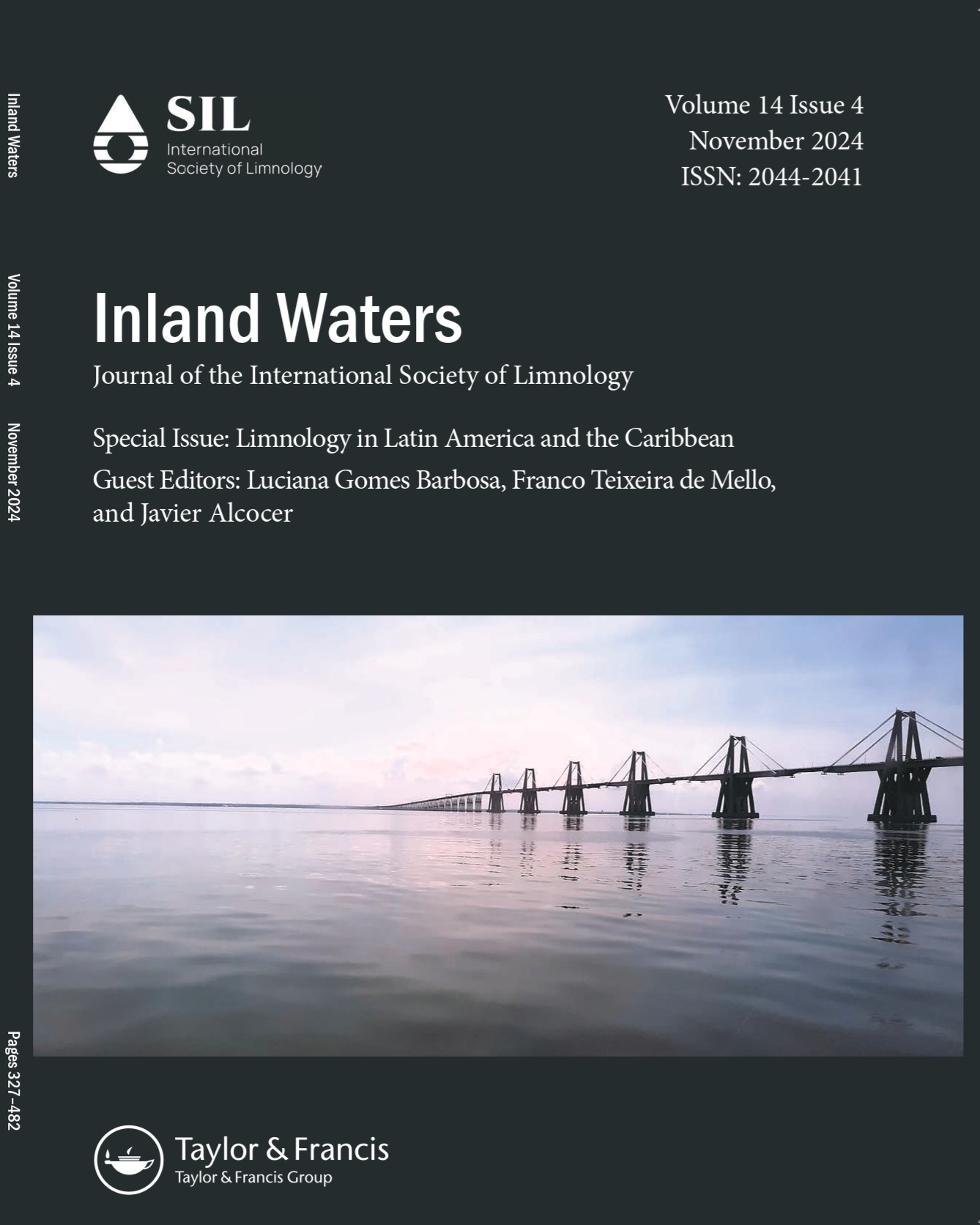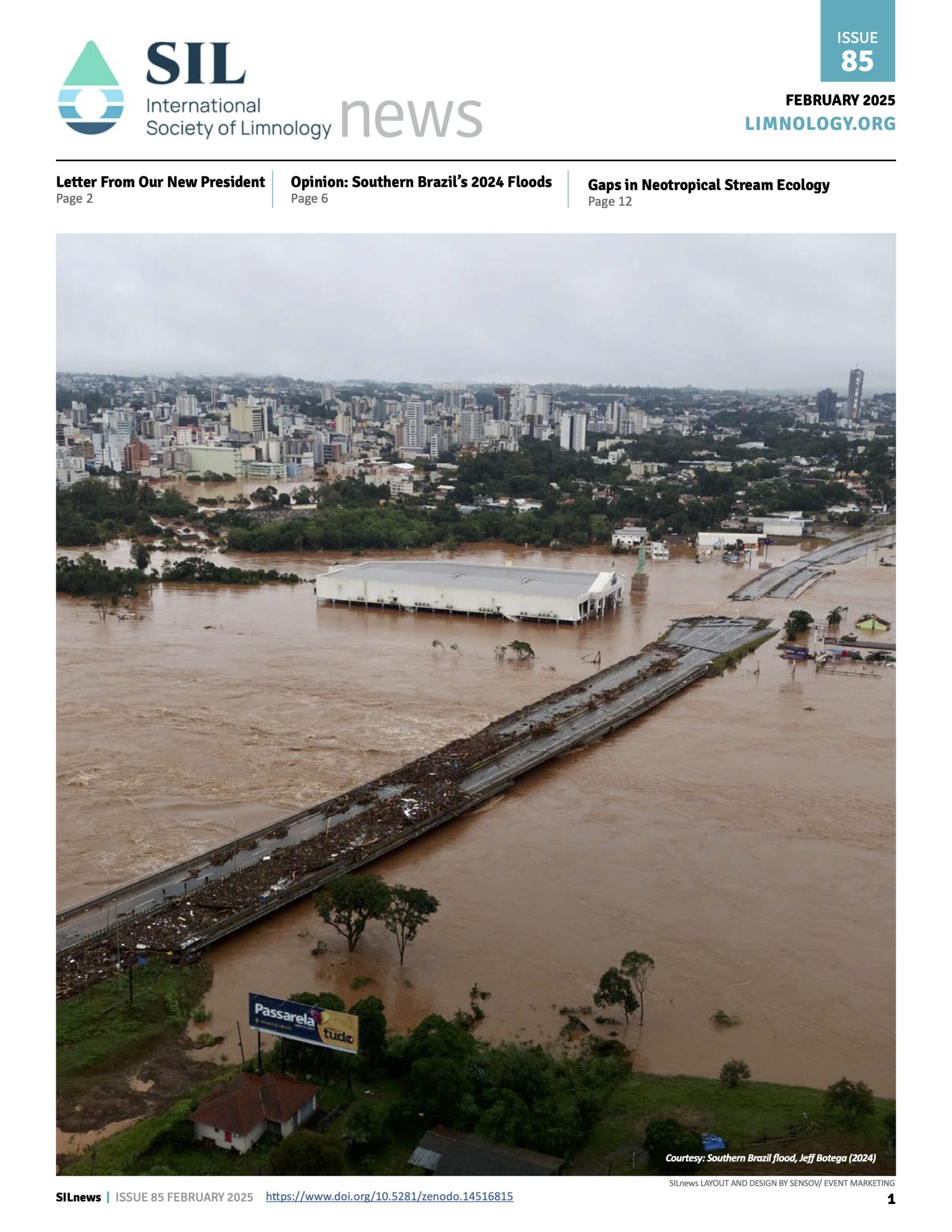Position type: Ph.D. position
Location: University of Bayreuth (UBT), Northern Bavaria, Germany
Application deadline: 23/03/31
Contact name: John Mayer
View details
Position type: Postdoctoral position
Location: Lund, Sweden
Application deadline: 23/01/01
Contact name: Test Contact
View details


